Overview
Chinese Name: 十国
English Name: Ten Countries, Shi Guo
Duration: About 902 AD – 979 AD
Kingdoms:Former-Shu 前蜀, Later Shu 后蜀, Southern Wu (Yang Wu) 南吴(杨吴), Southern Tang 南唐, Wu Yue 吴越, Min 闽国, Southern Chu (Machu) 南楚(马楚), Southern Han 南汉, Nanping (Jingnan) 南平(荆南), Northern Han 北汉
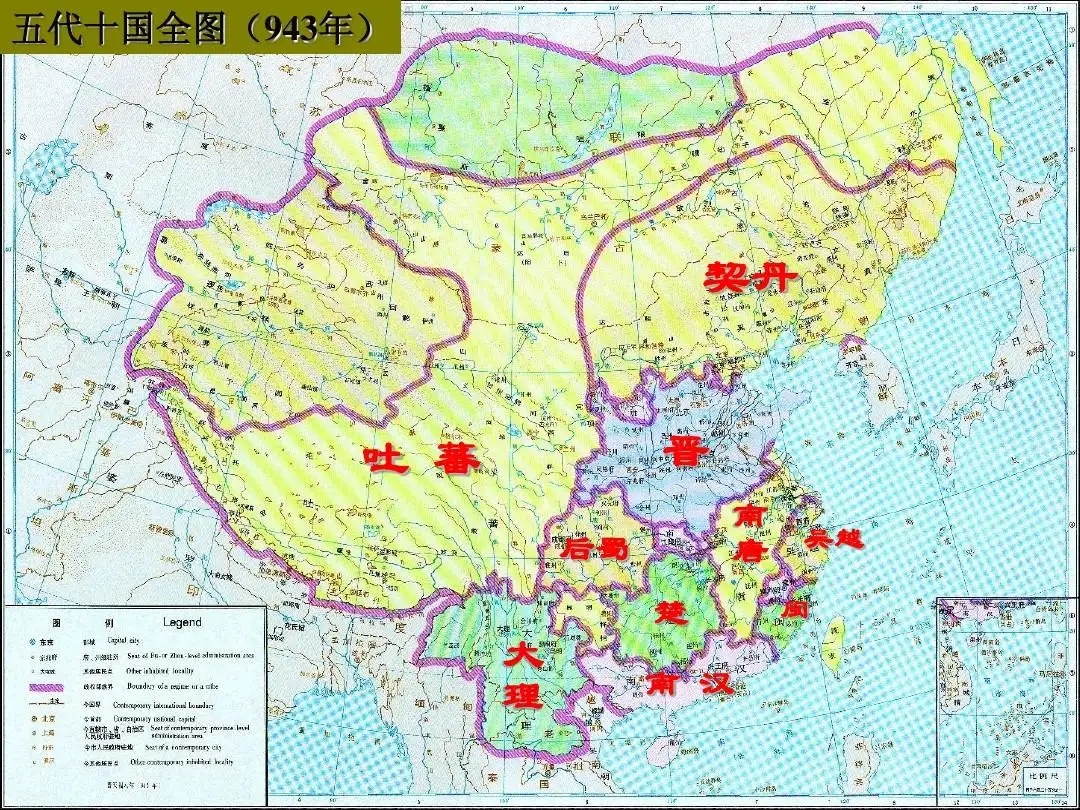
Brief Introduction
The Ten Countries (902-979) is a general designation of ten relatively small separatist regimes that existed almost simultaneously with the Five Dynasties after the Tang Dynasty.
There are nine in the south, including Former-Shu 前蜀, Later Shu 后蜀, Southern Wu (Yang Wu) 南吴(杨吴), Southern Tang 南唐, Wu Yue 吴越, Min 闽国, Southern Chu (Machu) 南楚(马楚), Southern Han 南汉, Nanping (Jingnan) 南平(荆南),. There is one in the north, called the Northern Han 北汉.
At the same time, there appeared in the Central Plains successively the Later Liang 后梁 (907–923), Later Tang 后唐 (923–937), Later Jin 后晋 (936–943), Later Han 后汉 (947–951), and Later Zhou 后周 (951-960) whose capitals were Kaifeng 开封 and Luoyang 洛阳.
They are collectively known as five dynasties and ten countries. Orthodox historians generally call the Ten Countries the separatist regime.
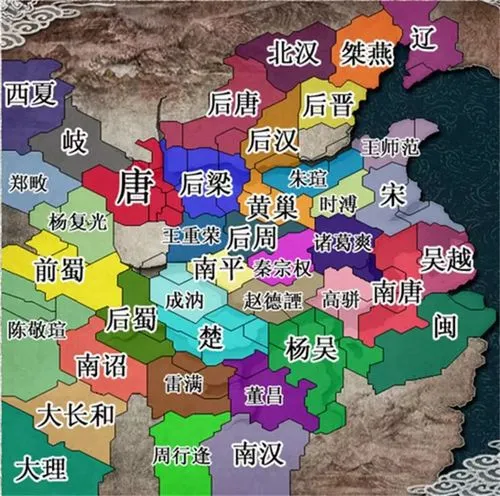
The characteristic of the ten countries is that in addition to the Northern Han Dynasty, the nine countries are all in the south. The time of appearance is uneven. The land of the founding of the people’s Republic has its own inheritance and independence. The size of the territory varies greatly. The time of existence is generally longer than that of the Five Dynasties. Leaders have different names.
Major Historical Events
Southern Wu (Yang Wu) 南吴(杨吴)
Yang Xingmi 杨行密, the founder of Southern Wu, was crowned king of Wu in 902. In the 905 ad, Yang Xingmi died and his son Yang Wo 杨渥 succeeded to the throne. But he likes to have fun and excludes heroes and generals. Zhang Hao 张颢 and Xu Wen 徐温, therefore, launched a mutiny, and Yang Wo was elevated to power. He was killed in 908 and succeeded by his brother Yang Longyan 杨隆演.
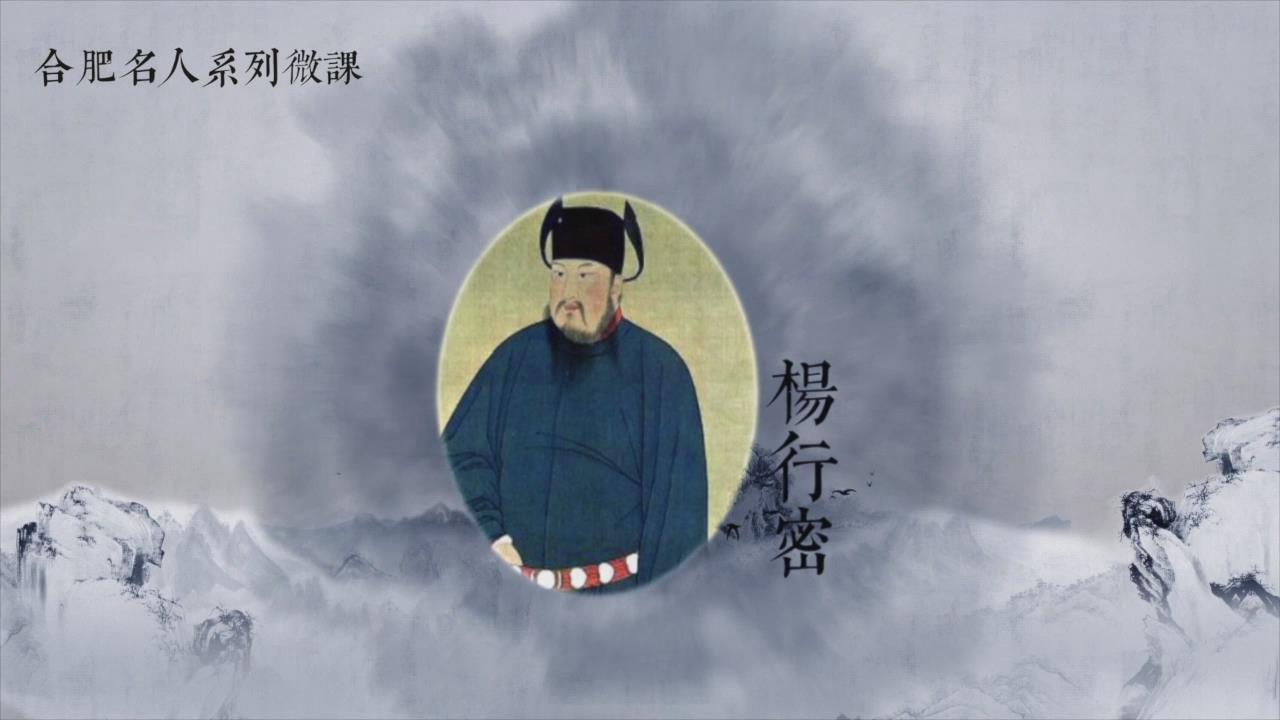
As Xu Wen continued to hold power alone, Yang Longyan was still unable to control the situation, so he ended up depressed in 920. His brother Yang Pu 杨溥 succeeded him. Yang Pu officially proclaimed himself Emperor in 927, and the power was still in the hands of Xu. In 937, Yang Pu gave way to Xu Wen’s adopted son Xu Zhigao 徐知诰, and Southern Wu in Ten Countries perished. There are four masters in total, and the existence time is 36 years.
Southern Tang 南唐
The founder of the Southern Tang Dynasty was Xu Wen, a general of the Southern Wu Dynasty. At first, Xu Wen let his son Xu Zhixun 徐知训 take power. But Xu Zhixun often insulted Yang and the Ministry and was finally killed by his subordinate Zhu Jin 朱瑾 in 918. Xu Zhigao, Xu Wen’s adopted son, put down the rebellion and began to govern.
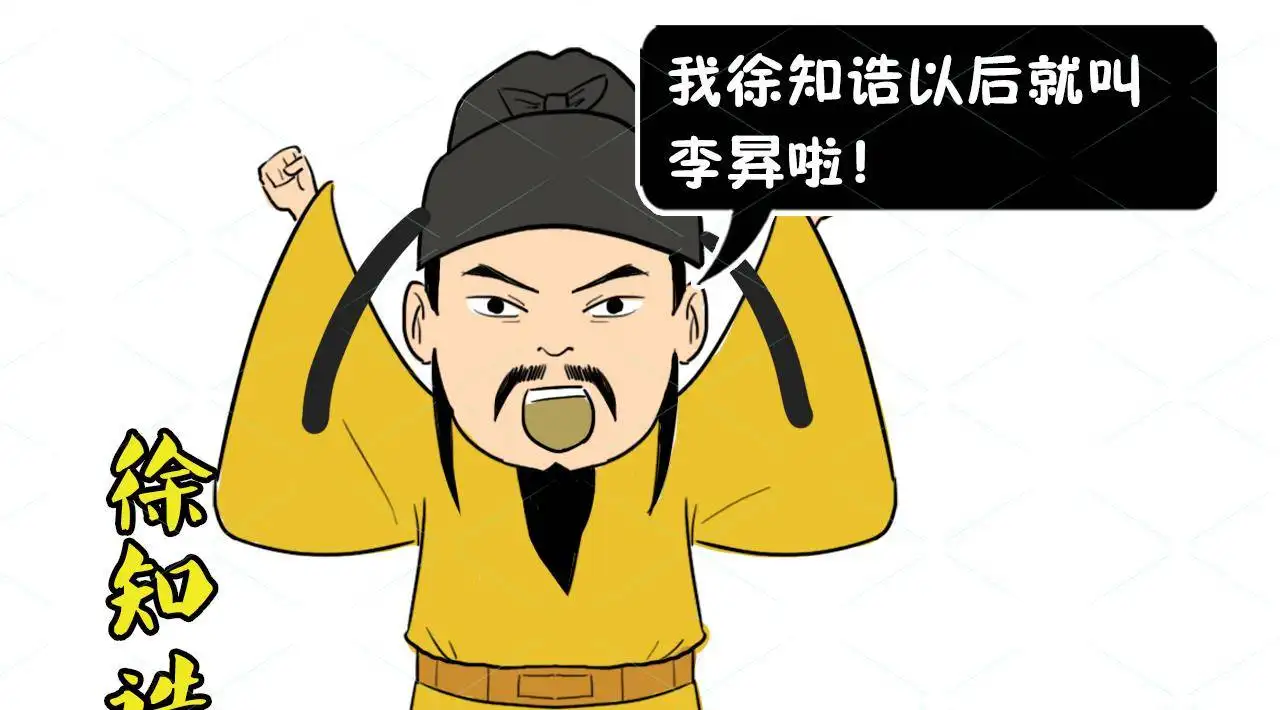
In 927, Xu Wen died, and Xu Zhigao became the actual ruler of Southern Wu. Xu Zhigao lived a frugal life, respected Yang and his subordinates, and gradually won the hearts of the people. In 937, seeing that the time was ripe, Xu Zhigao usurped Wu and became emperor. The country’s name is Qi, which is called Xu Qi in history.
In 939, Xu Zhigao claimed that he was a descendant of the Tang Dynasty, restored his original surname Li and changed his name to Li min 李昪. And he changed the country’s name to Tang, which was called Southern Tang in history. Li Min adopted the policy of resting with the people and making peace with his neighbors, which made the Southern Tang Dynasty strong.
Former Shu 前蜀
Former Shu was founded by Wang Jian 王建 in Chengdu 成都. In 907, after Zhu Wen built the Liang Dynasty, Wang Jian refused to accept the rule of the Later Liang Dynasty, and the founding of the people’s Republic was called Shu.
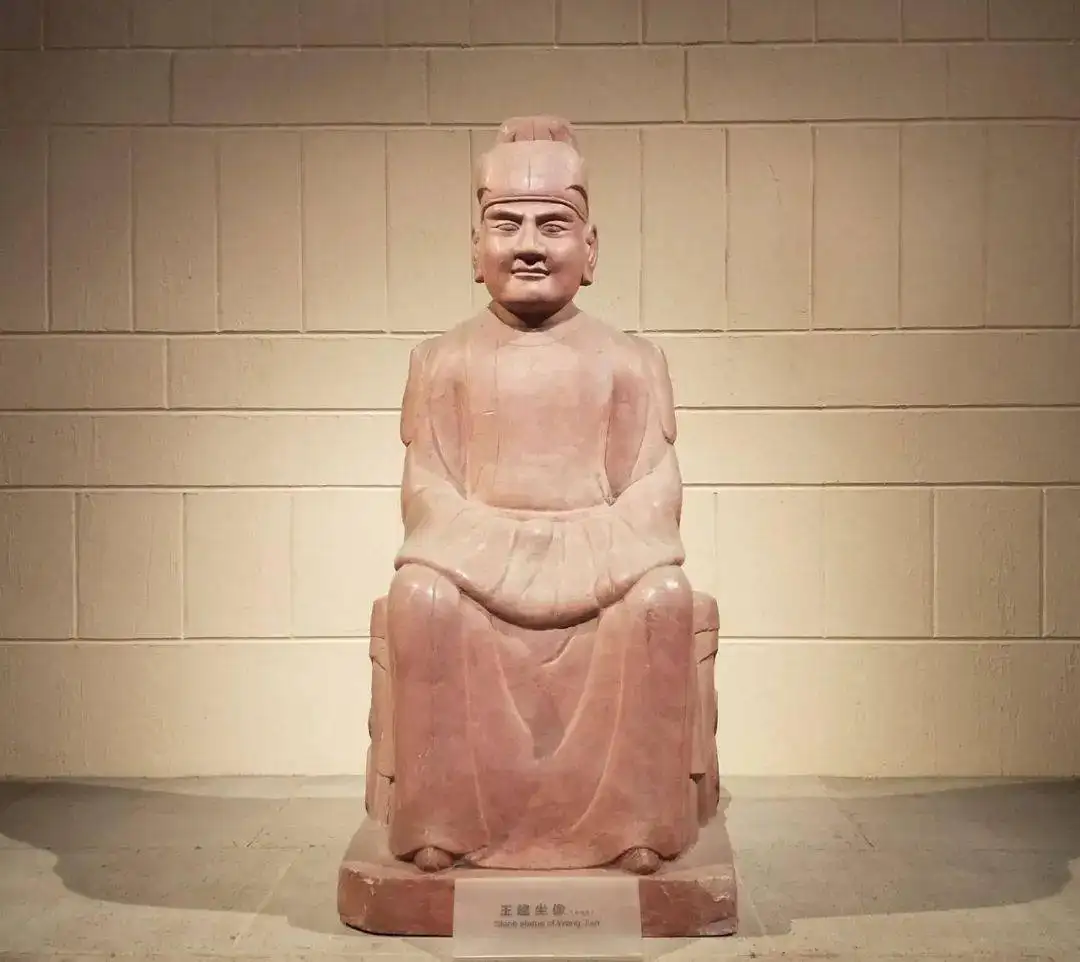
Wang Jian had been in power for 12 years. He worked hard, paid attention to agriculture and mulberry, built water conservancy, and expanded his territory. Former Shu has a fertile Chengdu Plain with thousands of miles of fertile land and rich grains. There has been no war for many years. Therefore, the economy, culture, and military of Former Shu developed rapidly and became a powerful country.
But after Wang Jian’s death in 918, his successor Wang Yan 王衍 was extravagant, cruel, and fatuous. In 925 ad, the later Tang Dynasty attacked Shu, and the Shu army was defeated. Chengdu fell and the former Shu perished. There are two masters in total, and the existence time is 23 years in Ten Countries.
Later Shu 后蜀
In 934 ad, Meng Zhixiang 孟知祥 took advantage of the civil strife in the late Tang Dynasty to establish himself. His country was named Shu, and his capital was Chengdu. Meng Zhixiang died after only seven months as emperor and was succeeded by his son Meng Chang 孟昶.
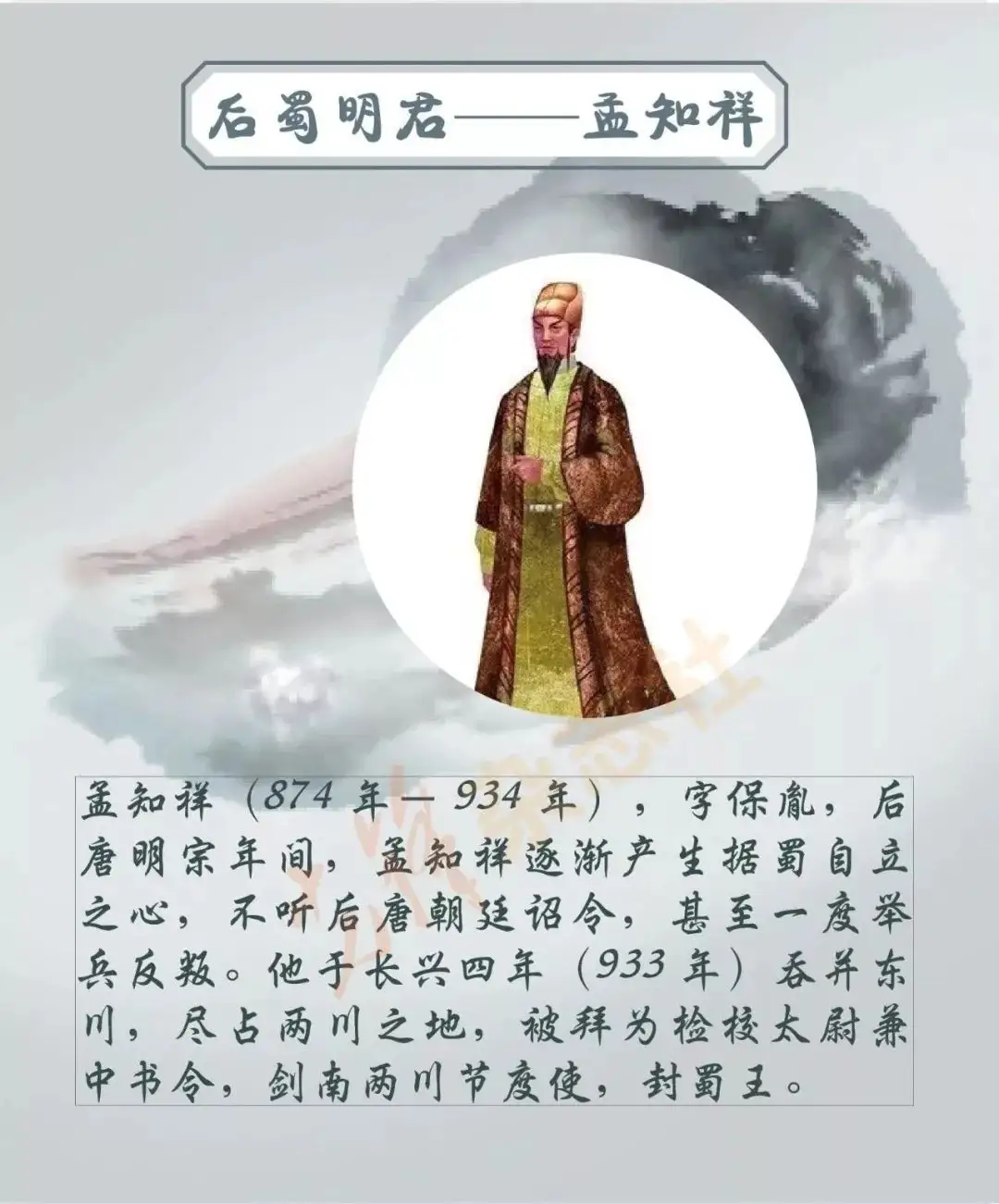
At the beginning of Meng Chang’s accession to the throne, he worked hard to expand his territory. After that, Shu was once powerful and enjoyed 30 years of peace. However, due to the long period of peace in Sichuan, Meng Chang began to covet pleasure and did not think about national politics in the late period of his reign, and the court politics became very corrupt.
In 965 ad, the Song army 宋军 attacked Shu, and the main force of the Shu army was defeated. Meng Chang surrendered, and later Shu perished. There are two masters in total, and the existence time is 33 years in Ten Countries.
Southern Han 南汉
The founder of the Southern Han Dynasty was Liu Yin 刘隐. Liu Yin died on 911 and was succeeded by his brother Liu Yan 刘岩. After destroying the separatist forces in other places, Liu Yan became emperor in 917 and established the Southern Han Dynasty. When the Song army attacked in 971, the Southern Han Dynasty perished. There are four masters in total, and the existence time is 55 years in Ten Countries.
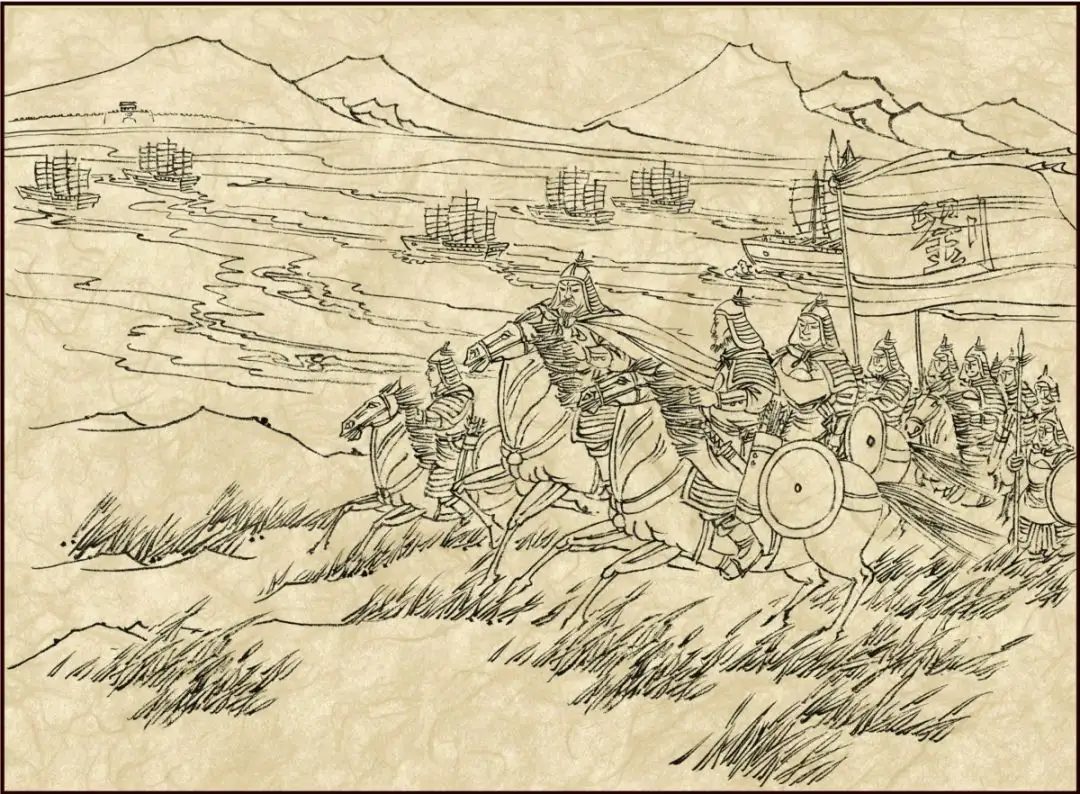
Northern Han 北汉
Liu Chong 刘崇, the founding monarch of Northern Han, was the younger brother of Liu Zhiyuan, the Later Han Emperor. In 951, Liu Chong proclaimed himself Emperor in Taiyuan and established the northern Han Dynasty.
The northern Han Dynasty is one of the weakest of the ten countries. The northern Han Dynasty died in 979. There are four masters in total, and the existence time is 29 years in Ten Countries.

Important Influences
The poetry reveals a deep meaning
The literati of the ten countries have experienced many vicissitudes, and their poems also reveal a painful atmosphere. Among them, Luo Yin 罗隐, a poet of Wu Yue, is outstanding. During the Ten Countries period, a large number of scholars were exiled in the four directions. Sikong Tu 司空图, Wei Zhuang 韦庄, Du Guangting 杜光庭, etc. are all figures with great literary achievements inTen Countries.
Li Yu 李煜, the empress of the Southern Tang Dynasty, was the most important poet in the Five Dynasties and Ten Kingdoms. His early works mainly focused on the gorgeous life of the court. But the words written after the fall of the country and the capture of the country write the sadness very deeply.
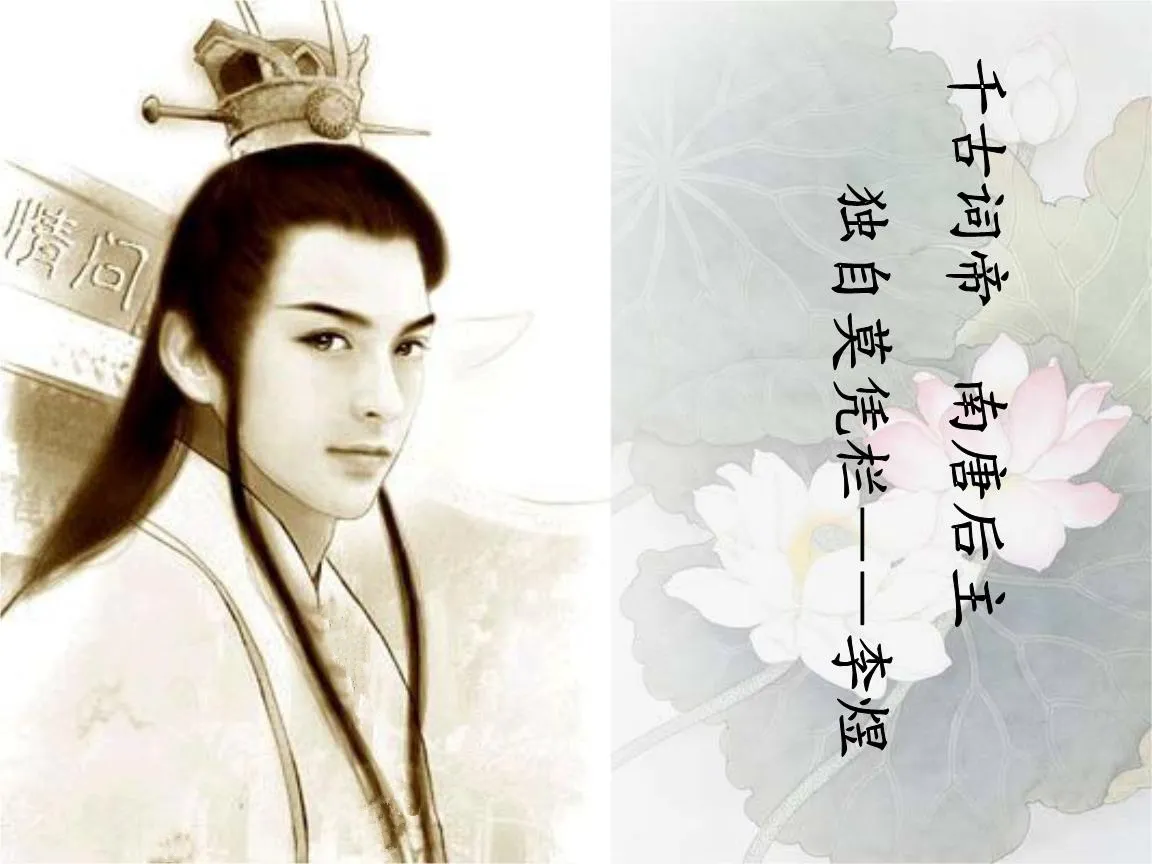
He broke through the shackles of writing about romance and love between men and women since the Later Tang Dynasty. There are innovations in both content and artistic conception. He opened up a new field for the development of Ci Poetry in the Northern Song Dynasty.